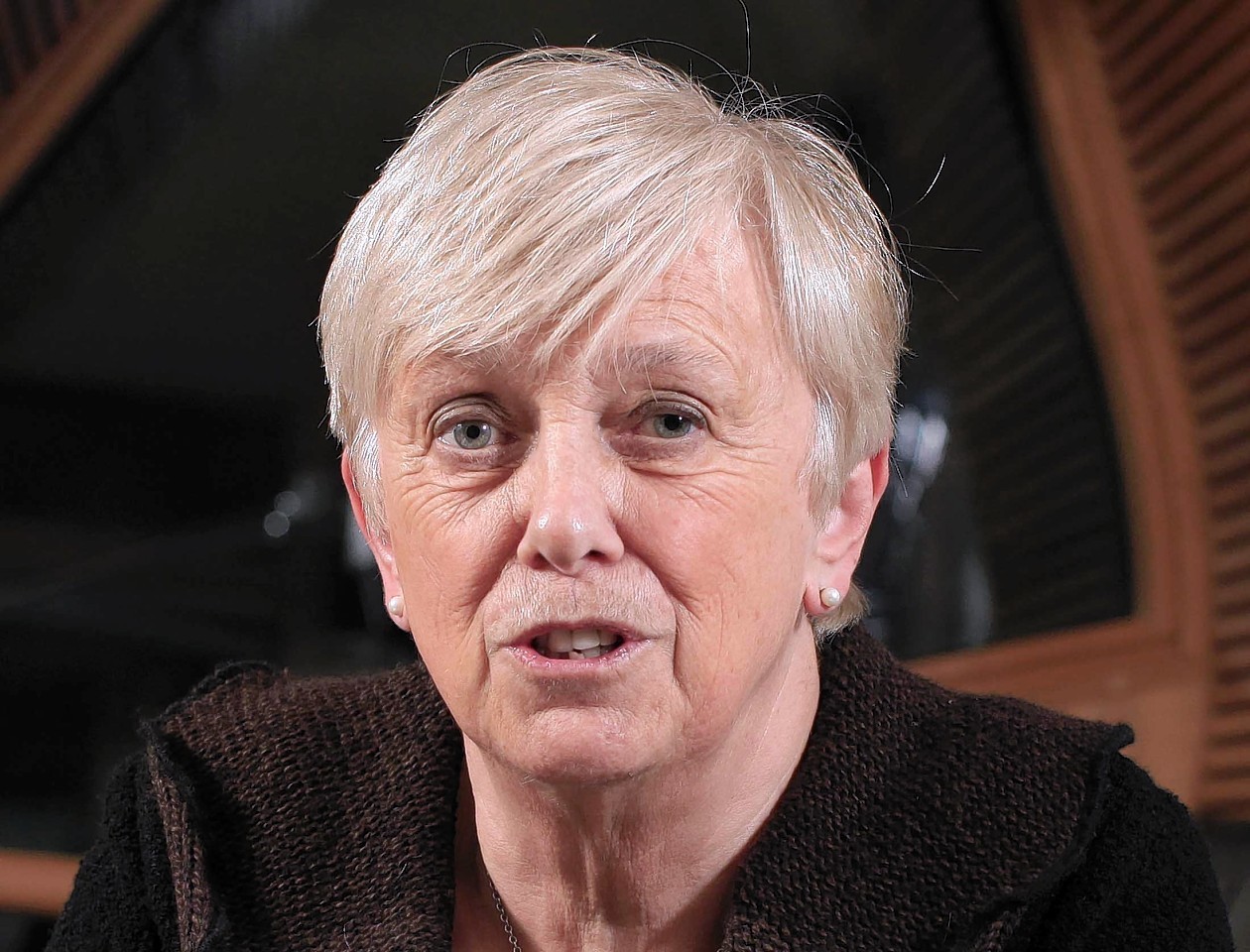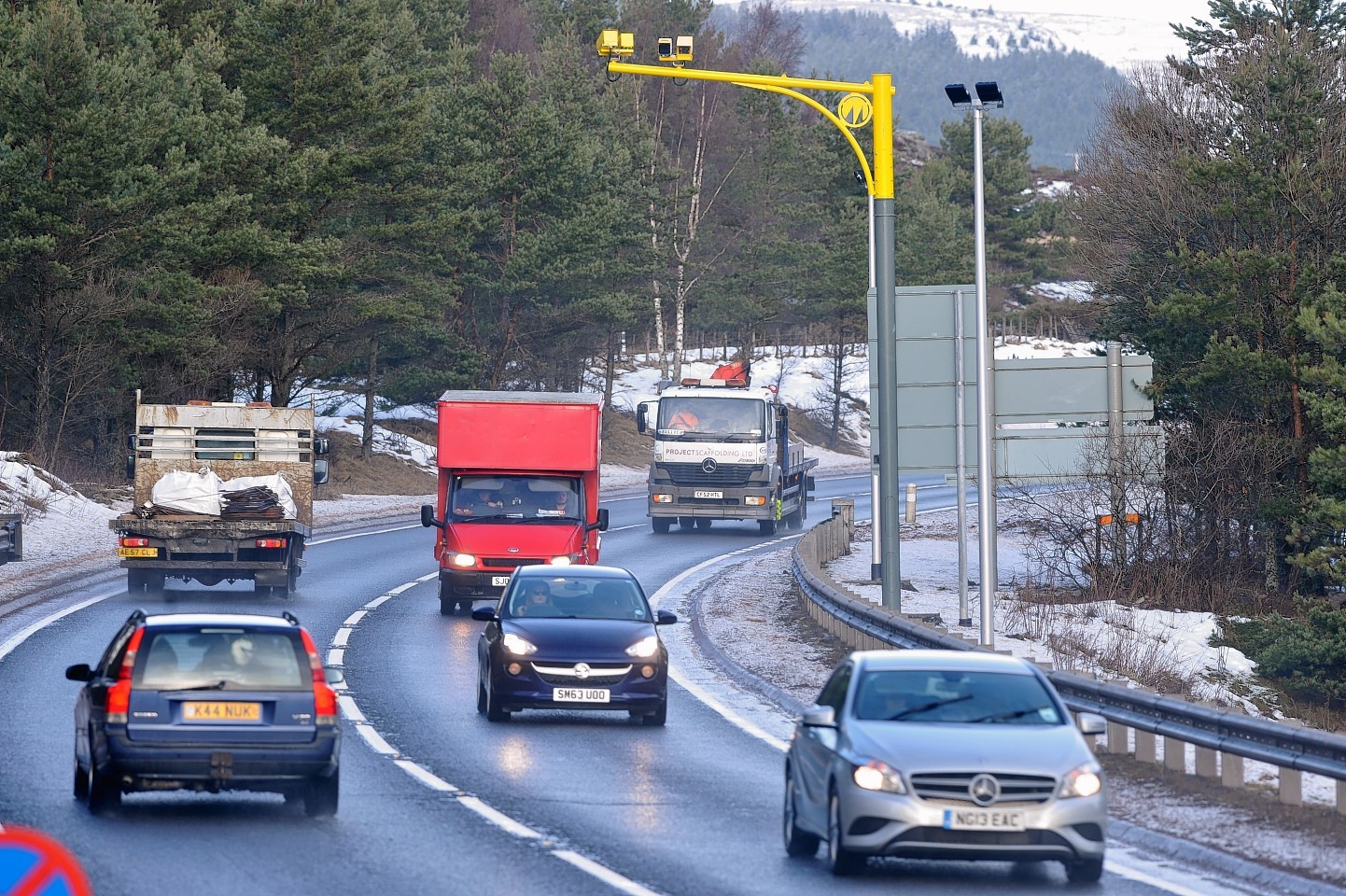First Minister Nicola Sturgeon has been urged to stick to her word and ensure controversial average-speed cameras are not installed on a major north-east road.
She was challenged last night by Conservative MSP Nanette Milne, who is worried the Scottish Government is poised to roll out the system on the A96 Aberdeen-Inverness route.
The north-east politician is also concerned the so-called “yellow vultures” – which measure speed over set distances – could soon be installed on the A90 north of Aberdeen.
Mrs Milne spoke out after Transport Minister Derek Mackay said he was open to the idea of average-speed cameras being used on other key routes following the success of the A9 scheme.
He said the issue would be examined on a case-by-case basis and claimed the £2.5million system, which has been monitoring traffic on the Inverness to Perth route since late October, had won public support and reduced speeding.
Mike Burns, of Foyers, who leads the A9 Average Speed Cameras Are Not The Answer campaign group, which has more than 10,000 supporters, said it was “no real surprise” that the government was now considering installing devices on other roads.
Speaking on September 19, 2013, Ms Sturgeon, who used to be infrastructure secretary, said: “We have no plans to instal average-speed cameras on the A96 trunk road.”
Mrs Milne said: “It is now time Nicola Sturgeon kept her promise to north-east motorists and businesses who are concerned that ministers are now looking again to introduce average-speed cameras of the A96.”
The Tory said people wanted to know if their taxes were being spent on devices that were making roads safer, not just raising money.
She added that speed cameras could have unintended consequences and result in collisions and casualties.
A spokesman for Mr Mackay said: “We have no plans to instal average-speed cameras on the A96 and it’s very sad to see Nanette Milne attempt to turn a serious issue like road safety into a political football.
“In relation to the A9 scheme, as recently-published performance data shows, the cameras have been successful in improving driver behaviour, with instances of speeding significantly down and journey time reliability improved.
“That is surely something Ms Milne would welcome.”

